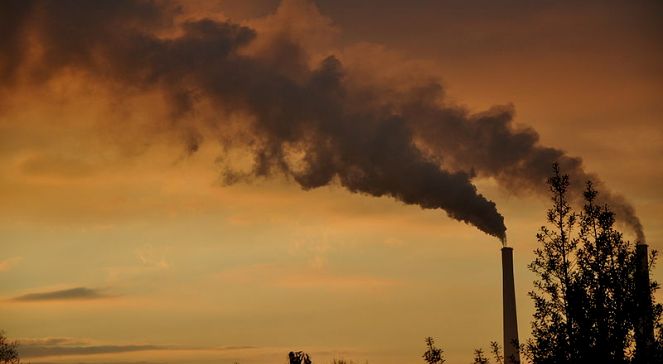Poland to veto EU climate change deal?
PR dla Zagranicy
Peter Gentle
16.10.2014 08:33
Poland is leading opposition to an upcoming EU energy climate change deal, and may scupper the entire plan if it does not receive guarantees about future energy costs.

photo - Philippe Alès/Wikimedia Commons
The ambitious EU climate change deal, to be discussed at the Brussels summit on 23 October, aims to reduce 2030 CO2 emissions to just 40% of the 1990 level.
However Poland currently generates 90% of its energy from coal and although the government has a plan to diversify energy sources, aiming to generate 15% of energy from new nuclear power stations by 2050, the EU targets are widely considered to be too ambitious for the country and for many in the region, still catching up with western European living standards after decades of communism.
Some compromises have been offered to Central and Eastern European countries to help modernize their heavy industries, but these may not be sufficient.
According to the centre-right Polish government, the proposed EU deal as it stands would drive up consumer prices by 120% between 2021 and 2030.
“We have our well-entrenched red lines,” Poland's European affairs minister Rafal Trzaskowski told the Financial Times.
“If they are not ready to take into consideration our apprehensions, then we will decide later this week or early next week not to deal with the issue at the summit.”
As well as Poland the Czech Republic, Hungary, Romania and Bulgaria are also expected to leave the summit if not offered better terms.
“[We] reiterate that the single greenhouse gas emissions reduction target at EU level must be set realistically and in a technology neutral way,” environment ministers from Poland, Czech Republic, Hungary, Slovakia plus Bulgaria and Romania said in a joint statement earlier this month.
The deal is supposed to come a year ahead of talks in Paris between 200 countries, which will attempt to form a global treaty on climate change.
The EU has so far been the one of the leading forces behind international agreements on the issue and a failure to ratify its own 2030 targets would weaken its negotiating power. (sl/pg)